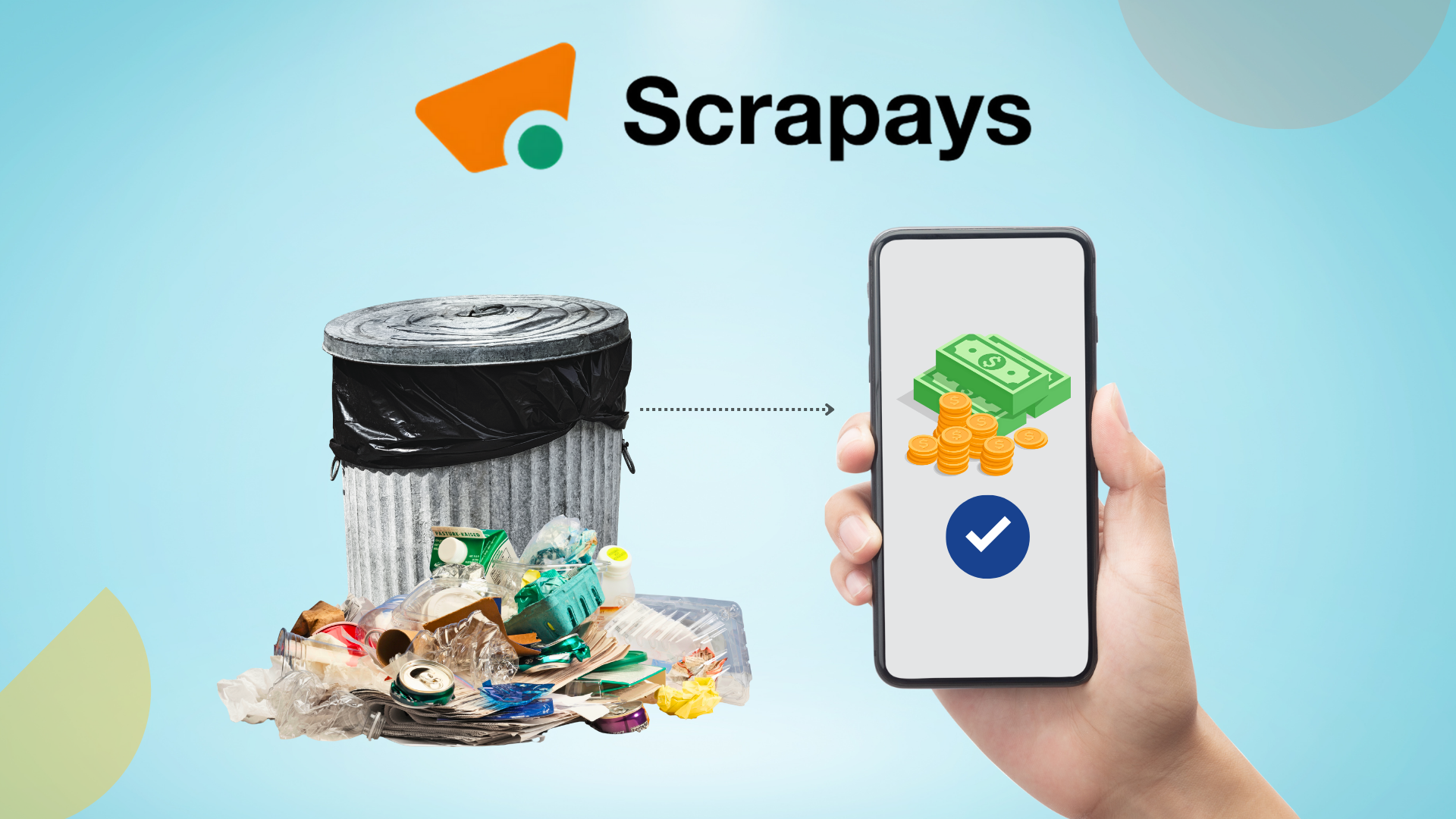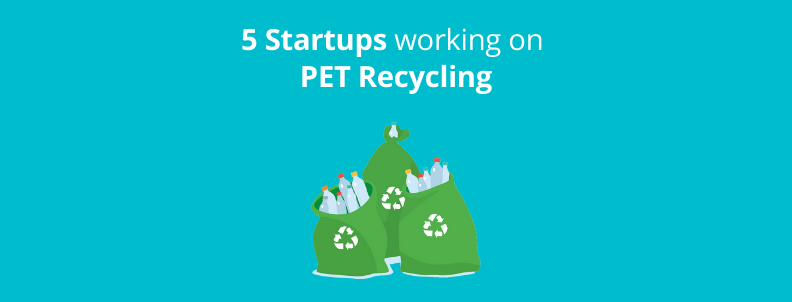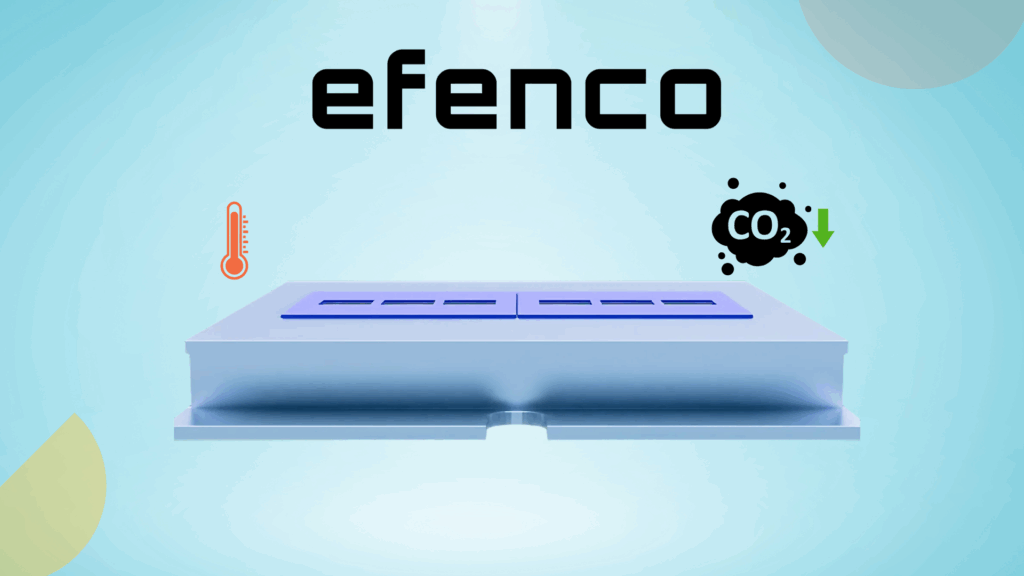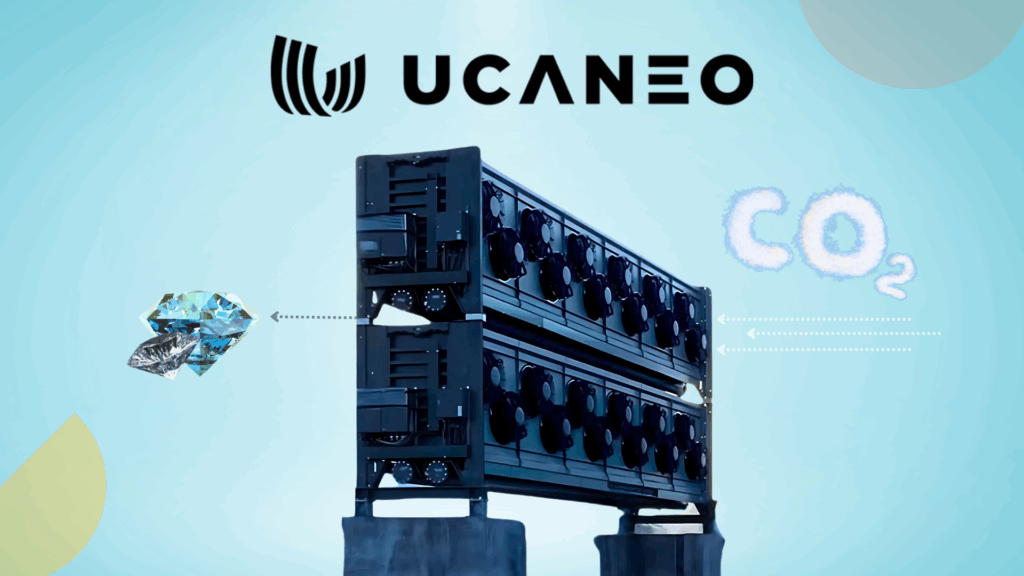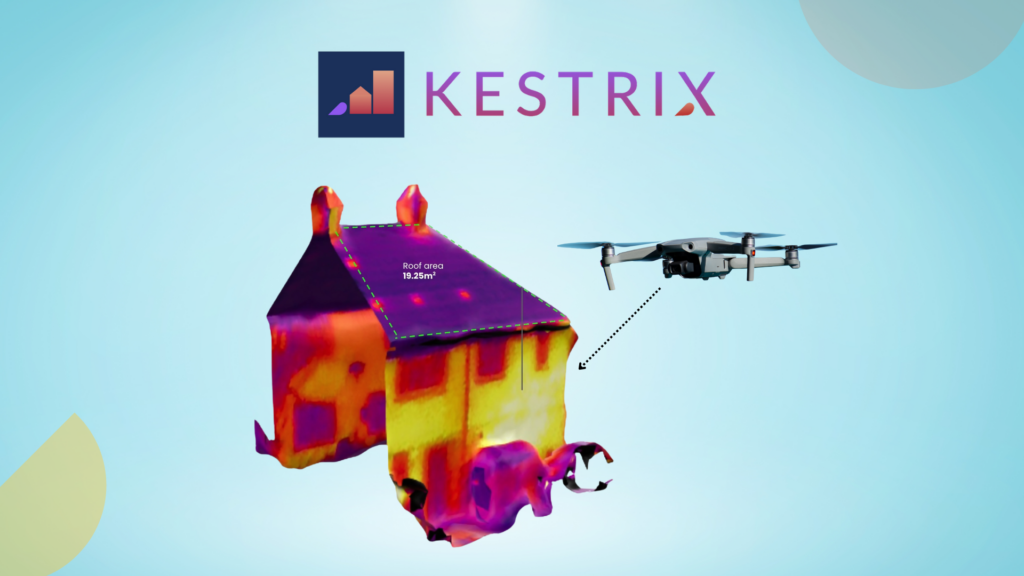Approximately 30% of all waste is recyclable, yet much of it ends up in landfills or pollutes natural environments, such as oceans and rivers. This issue is exacerbated in developing nations, where the infrastructure for waste management is often inadequate. Moreover, informal recyclers, who contribute significantly to waste recovery, face poor working conditions and minimal financial rewards. The need for practical, scalable solutions to both increase recycling rates and empower communities economically has never been greater.
A Nigerian startup called Scrapays is addressing this massive challenge by providing a platform that allows anyone, anywhere, to start their own recycling business with minimal overhead. Anyone can place a request for trash pickup using WhatsApp or an USSD code, even without internet access. Their agents, equipped with the platform’s tools, can easily evaluate, collect, and be paid for the recyclable waste.
To better understand how their business works, we spoke to Boluwatife Arewa, a founding partner of Scrapays. This article contains notable highlights from our entire conversation.
This interview is part of our exclusive Scouted By GreyB series. Here, we speak with the founders of innovative startups to understand how their solutions address critical industry challenges and help ensure compliance with industry and government regulations. (Know more about startups scouted by GreyB!)
“Our technology empowers individuals to run their own mini recycling businesses and be properly compensated for their efforts, transforming waste into an economic asset.”
– Boluwatife

Boluwatife Arewa is a founding partner of Scrapays. Bolu sees waste not as a nuisance, but as a commodity; even a form of currency. His goal is to make recycling accessible, profitable, and scalable across Africa. Under his leadership, Scrapays has developed tools such as IoT-enabled scales, USSD codes, and agent wallets, enabling informal collectors to operate like small businesses.
How Scrapays helps Nigerians create a side hustle by recycling trash
Scrapays is a digital platform designed to revolutionize recycling by providing small businesses and individuals in developing countries with the tools and infrastructure to start their recycling operations. The company focuses on creating a scalable model that allows local entrepreneurs to collect, evaluate, and recycle materials such as plastics, paper, and metals, all while ensuring they are fairly compensated for their efforts. By doing so, Scrapays is enhancing recycling rates, creating economic opportunities, and mitigating the environmental impact of waste. The startup’s vision is to build a circular economy where waste is not just discarded, but valued and turned into an economic asset.
What is Scrapays, and how does it contribute to the community?
Boluwatife: Scrapays is essentially a platform that combines digital technology with recycling. Whether it’s in a small shop or a space in someone’s compound, they can use our technology to collect, evaluate, and be paid for recyclable materials. We’re helping people in underserved communities by creating a scalable and sustainable model for recycling. It’s not just about collecting waste, it’s about turning waste into an economic resource, improving livelihoods, and tackling global waste management issues.
What drove you to start Scrapays? Was there a specific gap in the market you identified?
Boluwatife: Scrapays was born out of a combination of personal experience and understanding of the environmental impact of waste. Growing up, I saw firsthand the devastation that poor waste management can cause, such as flooding that led to the tragic loss of a young life in my community.
As I studied geoscience, I understood more about the environmental damage caused by waste, including the impact of leaching on groundwater. Additionally, I witnessed the struggles of informal recyclers who are responsible for over 90% of the recycled materials in some regions. They work hard but are often trapped in poverty. We saw an opportunity to provide them with the right tools, exposure, and operational support to help them run their businesses efficiently and profitably.
How does Scrapays educate or motivate people to join the recycling movement?
Boluwatife: We focus on two key groups: those running recycling businesses and waste producers. For those starting or already running recycling businesses, we equip them with training, technology, and operational support to succeed. Our onboarding process is simple. Anyone, regardless of their background, can start their own recycling business with the help of our platform.
On the waste producer side, we use advocacy campaigns and online education to show people the value of their waste. We educate them about how they can turn their waste into income, and we also show them the environmental benefits of recycling. It’s about making people realize that their waste is a valuable resource.
What challenges did you face when building Scrapays, and how did you overcome them?
Boluwatife: One of our biggest challenges has been dealing with the infrastructure deficits in the regions we operate. The recycling industry has limited processing capacity. The machinery available often isn’t adequate for efficient operations. We’ve been working on resolving this by collaborating with processors to improve their equipment and workflows. Another challenge is logistics. Our agents often invest a lot of money upfront to buy equipment, and if there are delays in processing, it creates financial strain on them. We’re constantly working to streamline logistics and reduce friction across the value chain.
How does Scrapays deal with competition and government policies related to recycling?
Boluwatife: When it comes to competition, we don’t see traditional players as our direct competitors. Instead, we view them as collaborators. Our platform complements existing efforts by providing software solutions that integrate the entire recycling ecosystem.
As for government policies, we’re lucky to be in a space where governments are increasingly supportive of recycling initiatives. Policies around plastic reduction and recycling are evolving, and we’re actively working with regulatory bodies to ensure that Scrapays fits into the broader push for sustainable waste management.
Do you have any expansion plans?
Boluwatife: Absolutely. While we’re currently focusing on Nigeria, we have plans to expand across other regions in Sub-Saharan Africa. We’re also looking at Southeast Asia, Latin America, and other developing nations facing similar waste management challenges.
Our model is highly scalable, and we believe the same problems and solutions we are addressing in Africa can be applied to other regions facing waste management and recycling challenges.
What’s next for Scrapays?
Boluwatife: We’re currently in the process of raising funds to expand our platform and improve the infrastructure around recycling. We’re developing new features for our platform, including better tracking systems for waste and more efficient payment solutions for agents. As we continue to grow, we plan to reach more communities, increase our impact, and become a key player in the global recycling ecosystem.
Meet our Interviewer – Raveena Singh, Senior Research Analyst at GreyB
Raveena Singh, Associate Researcher
Want to find other scalable startups working on sustainability and waste management? Please fill out the form below to contact our experts.
Get in touch
Please share your query below

